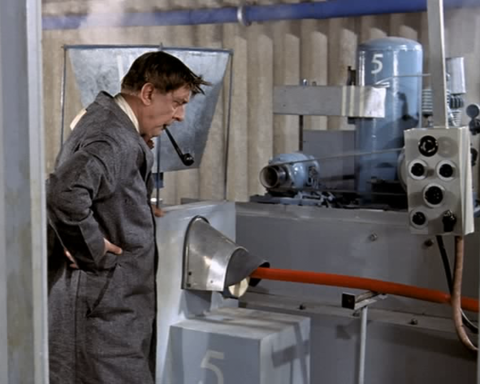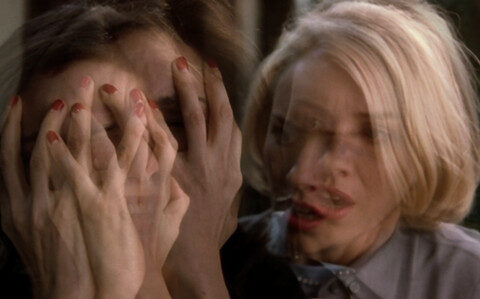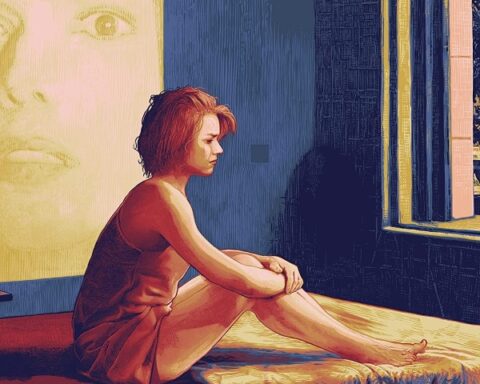The Grandmother (1970)
The Grandmother, Lynch’s short film, shot thanks to the $5,000 he earned from the American Film Institute after his two previous attempts at motion picture-film transitions (Six Men Getting Sick Six Times and Alphabet). He also shot two more shorts in this period, with the titles Absurd Encounter with Fear and The Amputee.
The short film tells a lot about Lynch cinema with the motifs it contains throughout its 34-minute duration, which we will encounter frequently in his next films. The surrealist elements and symbols bear significant resemblances specifically to his first feature, Eraserhead.
It is also worth mentioning the sound and visuals that make the film so impressive. Repetitive humming and high-pitched sound elements create a chaotic and uncanny backdrop (by the way, let’s add that Lynch continues in his next films with the sound director of this film). Colors, on the other hand, are almost the complement of this uncanny environment, the house is painted black, everything is black except for a few objects – and a few colored objects are of course a symbol of something. And the faces, the pale turned faces with corpse paint make-up, the lynch-like elements and the camera angle. Expressions and the reflection of the face on the screen in almost all of his works -close-ups/angles- are characteristic features of Lynch’s filmography.
Let’s examine the vibe the movie spreads, as well as the the technique: the mood wanders around the borders of madness, the exaggeration in the expression of emotions. The boy apperantly lacks his mother’s love and his father’s care & attention, instead receives humiliate and punishment all the time. That’s the very reason why him growing up yearning for being loved and as a result creating his own care-giver, “grandmother” as a figure that can reflect both the parental love as well as oedipal conflict. Of course, it would be appropriate to observe the relations between mother-child, father-child, mother-father, child-grandmother separately and as a whole at the same time.
Nil Birinci






